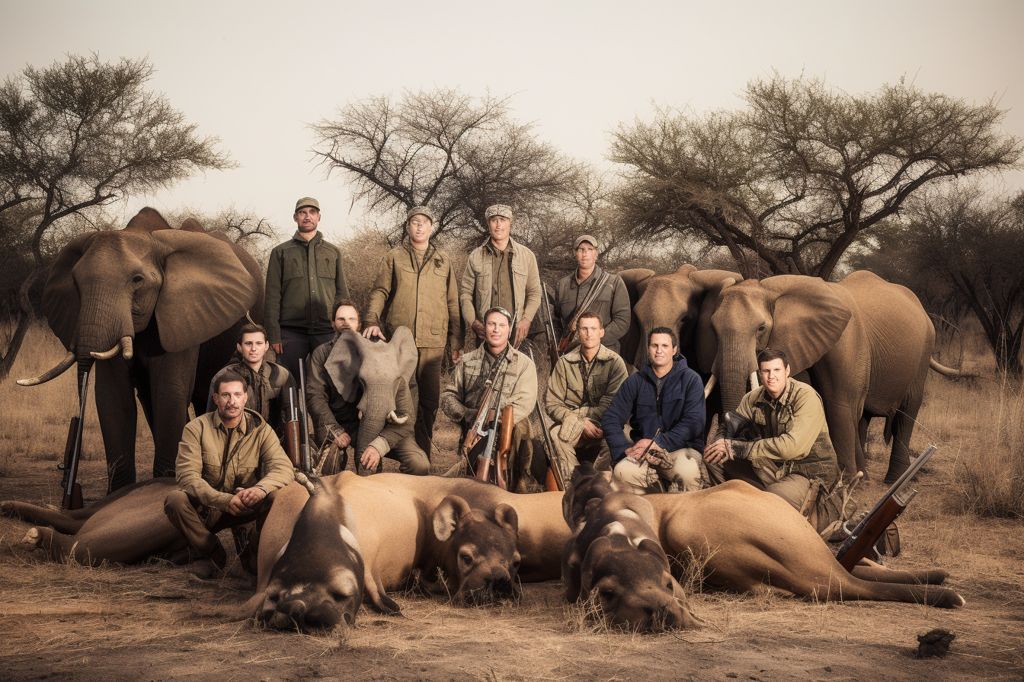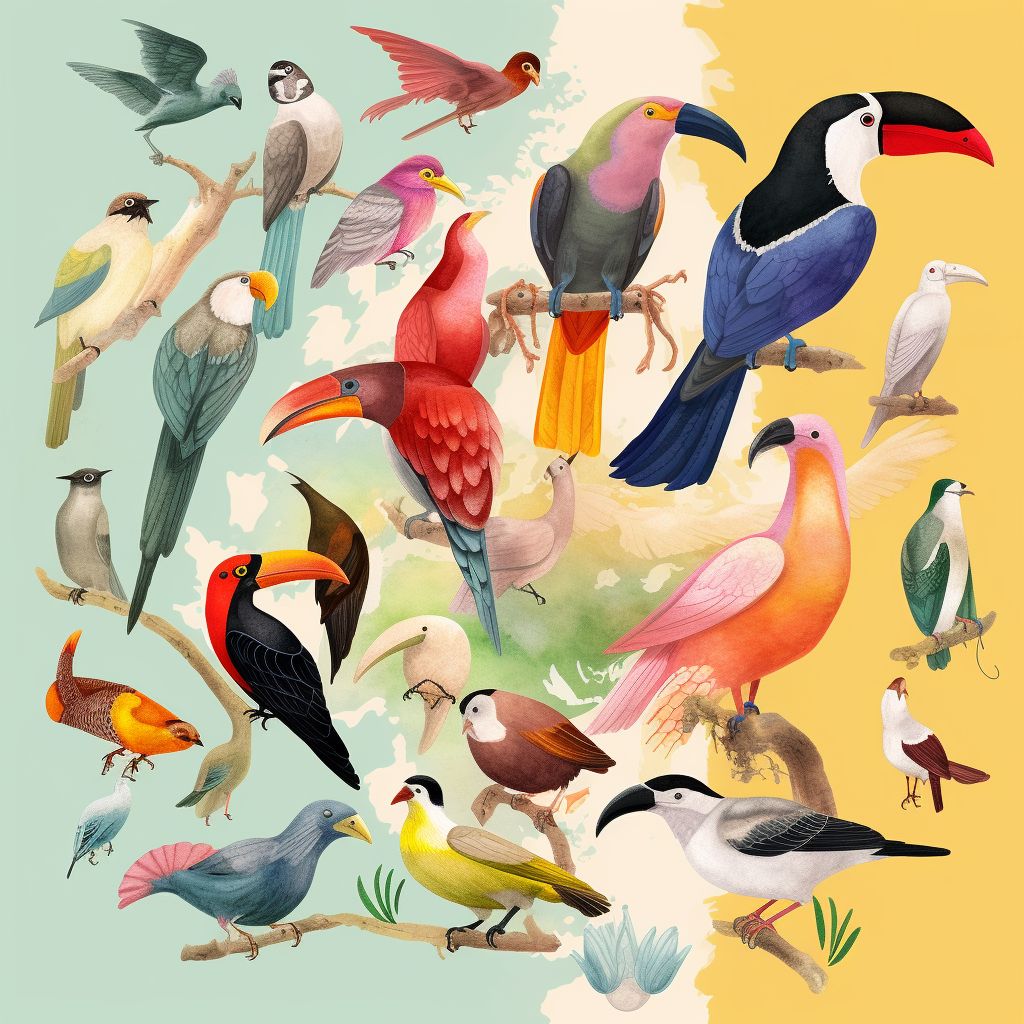Pieter Swart’s taxidermy workshop in South Africa is a bustling hub where workers meticulously preserve the hunting trophies of international visitors. However, a new British law has him worried about the future of his craft.
The Ban on Hunting Trophies
In March, UK lawmakers passed a bill banning the import of hunting trophies to protect endangered animals. While this legislation aims to protect wildlife, it could have unintended consequences for the taxidermy industry and hunting destinations in southern Africa.
The Domino Effect
Swart is concerned that the British law could encourage other European countries to adopt similar legislation, with Italy, Belgium, and Spain already considering similar bills. This domino effect could threaten an industry that has existed for centuries, putting many jobs at risk in southern Africa’s top hunting destinations.
The Controversy
While the new law has received support from celebrities like Kate Moss and Gary Lineker, African conservationists and hunting professionals argue that it is misguided. They claim that trophy hunting generates significant income for conservation, anti-poaching efforts, and local communities.
The Economic Impact
Trophy hunting contributes over $340 million annually to South Africa’s economy, supporting approximately 17,000 jobs. Taxidermy firms, which process hunters’ trophies, employ around 6,000 people in the country. Swart’s workshop alone has piles of skins, skulls, horns, and bones waiting to be transformed into rugs and ornaments. He argues that using these skins, instead of letting them go to waste, is a cost-effective alternative.
The Ethical Debate
Critics say hunting wild animals for sport is cruel, wasteful, and pushes endangered species closer to extinction. South Africa’s National Council of Societies for the Prevention of Cruelty to Animals believes hunting solely to display a trophy is “questionable.” Spokeswoman Keshvi Nair says there are “far more ethical and humane ways of generating income.”
The Future of Taxidermy
Although British hunters represent only a small percentage of those visiting South Africa, the new law is already causing damage. Other countries adopting similar laws could bring a significant part of the market to a standstill. In response, South African taxidermists are exploring new markets, such as Chinese and Russian hunters. However, the future of this ancient craft remains uncertain as global attitudes towards hunting continue to change.












